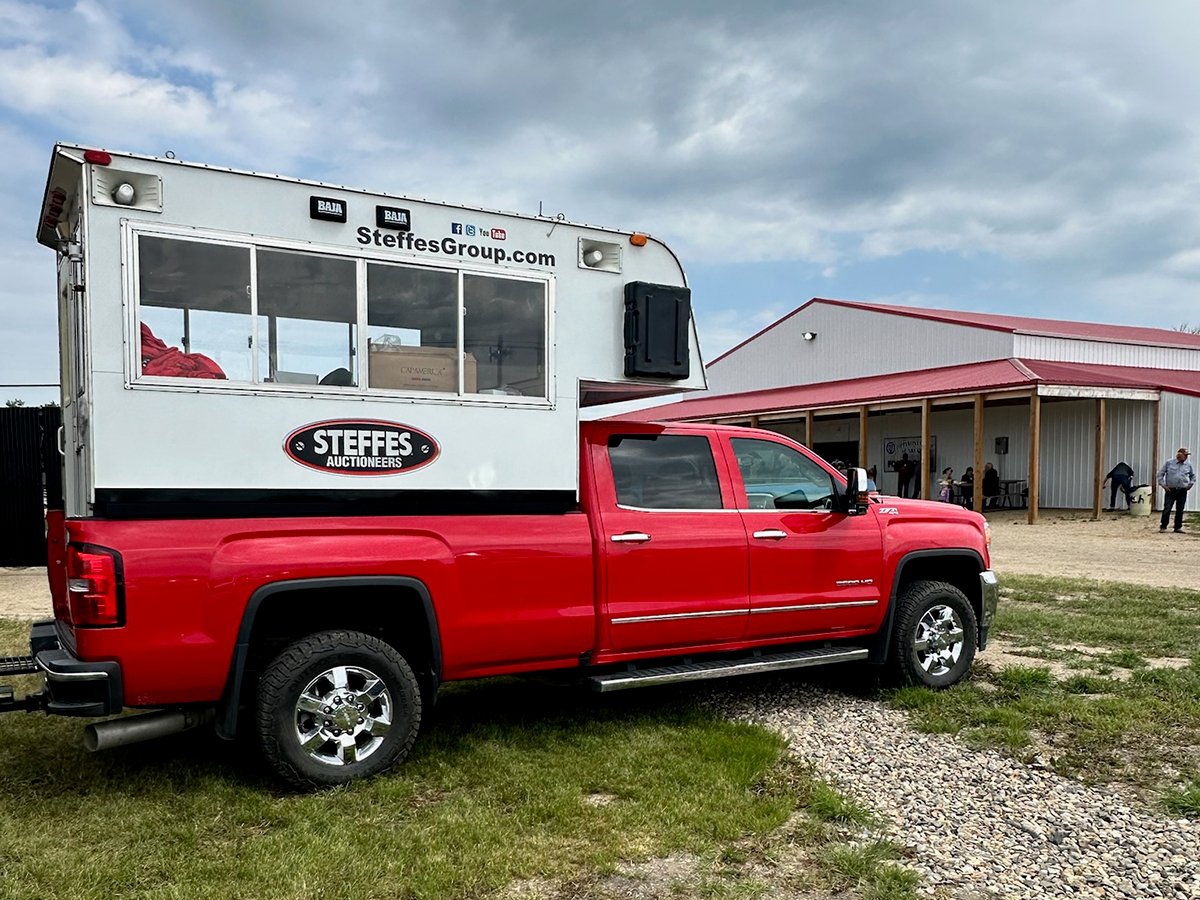It is not easy to pick out the most important concern of seniors.
That’s why the three prairie provinces all have committees to advise them about priorities. Governments and politicians have looked ahead and seen a baby boom generation that will age into the largest wrinkle of voters within a decade.
Saskatchewan is the oldest province in Canada in terms of population. One in seven Saskatchewan residents is over 65. Yet its seniors’ advisory committee is the newest in the West – only six months old. At its meeting planned Jan. 31, one major job will be ranking the seniors’ issues, said chair Don King.
Read Also

Farm auctions evolve with the times
Times have changed. The number of live, on-farm auctions is seeing a drastic decline in recent years. Today’s younger farmers may actually never experience going to one.
When asked which he counts as most important, King falls back on a survey done by the University of Regina Seniors Education Centre, which he heads. Along with the larger meaning of life questions, seniors are concerned about housing, health and personal security. For rural areas, add in a special problem with lack of transportation and isolation from support services.
A special task will be to decide how to honor senior volunteers in 2001, which has been declared by the United Nations as the year of the volunteer.
Zelma, Sask., farmer Margaret Cline, who sits on the advisory committee, said she finds it easy to decide her top issue – more help for people who need medical and lifestyle care. She said home care often isn’t enough for those who used to get level two and three care in nursing homes. Most nursing homes are taking only the most critical people. The rest must cope with home care.
She called the situation disastrous and said the government has abdicated responsibility for nursing homes, throwing it onto financially feeble health-care districts or, for those who can afford the $2,000 monthly fee, private enterprise assisted living.
As for other issues, Cline said, “I think as long as seniors are healthy there’s no problems.”
In Manitoba, which has had a seniors directorate as part of government for over a decade, acting executive director Jim Hamilton said seniors issues are emerging as two streams.
The first is dealing with life crisis situations such as elder abuse, independence, safety and security. The second is a more positive focus on elements of a healthy lifestyle, such as physical activity, nutrition information and connecting with the community.
The agency has an advisory panel that meets five times a year. As well as representing seniors from various provincial organizations, it helps ensure that the one-third of the province’s population living outside Winnipeg is plugged into programs. Hamilton said the directorate has to be sensitive to rural and northern seniors and the idea that they are best served at the local level, by people living in their area.
Alberta has the smallest proportion of seniors in its population of any province. But this summer it received a report from its seniors advisory council about the impact on government of an aging population.
While a wide list of concerns were raised, council chair Karen Kryczka, who is a Calgary MLA, said the top concerns are health, housing and financial security. For rural seniors, add in transportation and “the whole distance thing.” She would like to see seniors organizations as well as the province educate the public about concerns that affect all residents as they age.














